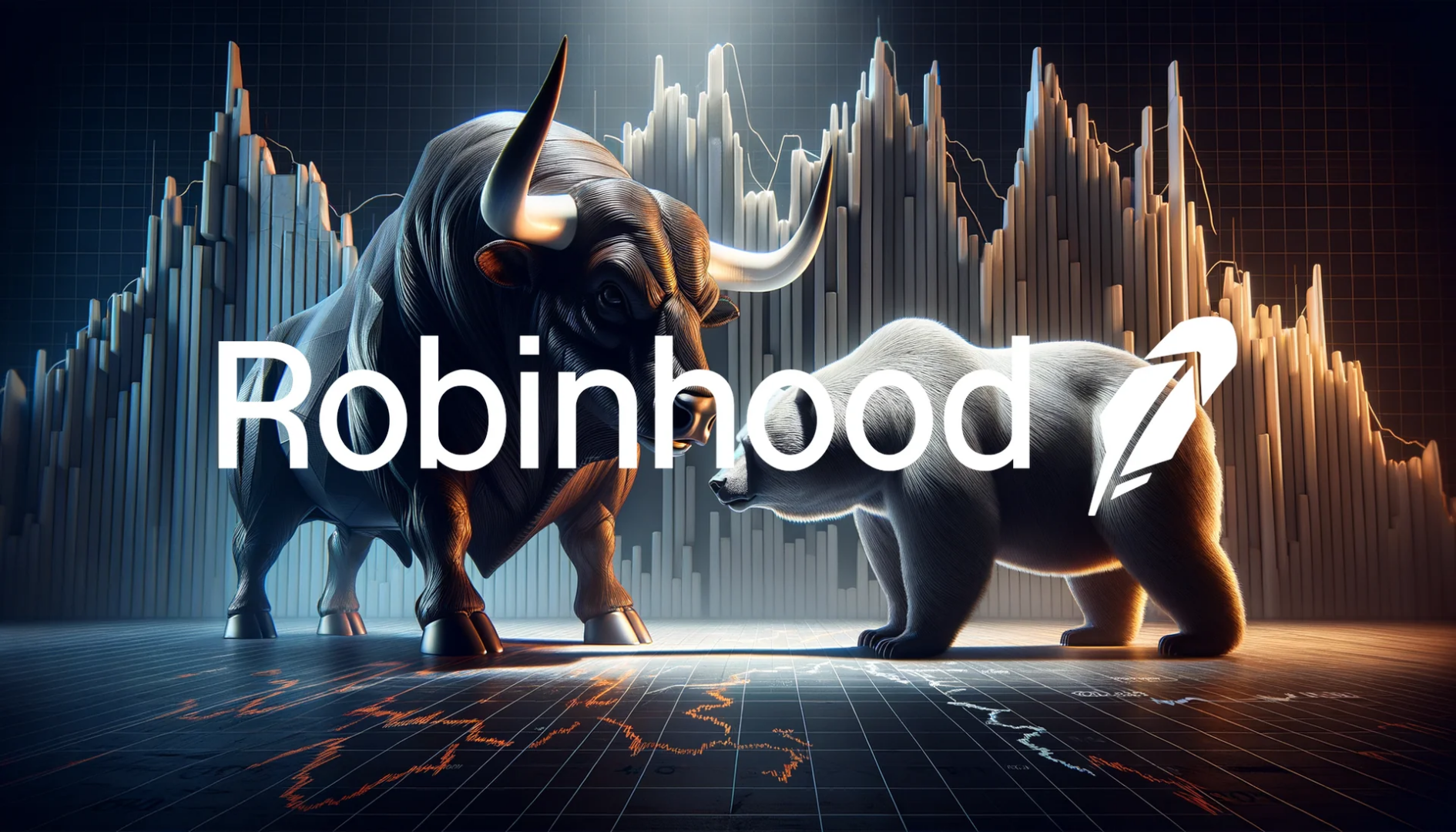Robinhood Markets finds itself navigating turbulent market conditions as several adverse factors converge simultaneously. What initially appeared as a modest market correction has escalated into a significant sell-off, leaving investors increasingly concerned about their portfolio positions. The convergence of substantial insider selling and a deteriorating cryptocurrency environment has created challenging circumstances for the online brokerage platform. Market participants are now questioning whether this represents the long-anticipated trend reversal or merely constitutes a temporary setback.
Cryptocurrency Downturn Compounds Challenges
The operational foundation supporting Robinhood’s business model is showing signs of strain. Bitcoin recently declined to its lowest valuation in eight months, representing a substantial concern for the trading platform. Given that Robinhood’s revenue stream depends significantly on transaction fees generated from cryptocurrency trading, falling digital asset prices and diminishing retail investor interest directly impact the company’s financial performance.
Compounding these operational challenges are emerging macroeconomic concerns. Surprisingly robust U.S. employment data have tempered expectations for imminent interest rate cuts by the Federal Reserve. For growth-oriented technology equities like Robinhood, this “higher-for-longer” interest rate environment presents significant headwinds, as it maintains elevated financing costs while enhancing the appeal of safer investment alternatives.
Leadership Transaction Raises Questions
The primary catalyst behind the recent negative sentiment stems from internal developments that have struck a nerve with market participants. Company co-founder Baiju Bhatt disposed of substantial equity holdings valued at approximately $49 million, according to recent regulatory filings.
Should investors sell immediately? Or is it worth buying Robinhood?
While executive stock sales represent routine market activity, the timing of this particular transaction appears particularly inopportune. Occurring during a period when Robinhood shares were already contending with weekly declines approaching 12%, investors have interpreted this move as a concerning signal. The transaction creates the perception that even senior leadership may consider current valuations somewhat stretched—an interpretation that has encouraged both short sellers and nervous investors to follow suit.
Valuation Under Intense Scrutiny
The confluence of these diverse factors has prompted a rigorous reassessment of Robinhood’s market valuation. After experiencing a wave of investor enthusiasm throughout October, the company witnessed billions in market capitalization evaporate during November. The equity, which previously appeared to command premium valuation multiples, must now demonstrate that its growth narrative remains intact despite mounting challenges.
The crucial question facing market observers in the coming sessions centers on whether the stock can establish a support level. While research analysts maintain cautious optimism regarding the company’s prospects, their price targets remain contingent upon a recovery in trading volumes. Investors would be well-advised to closely monitor cryptocurrency market developments and any additional disclosures regarding insider trading activity in the immediate future.
Ad
Robinhood Stock: Buy or Sell?! New Robinhood Analysis from February 7 delivers the answer:
The latest Robinhood figures speak for themselves: Urgent action needed for Robinhood investors. Is it worth buying or should you sell? Find out what to do now in the current free analysis from February 7.
Robinhood: Buy or sell? Read more here...












